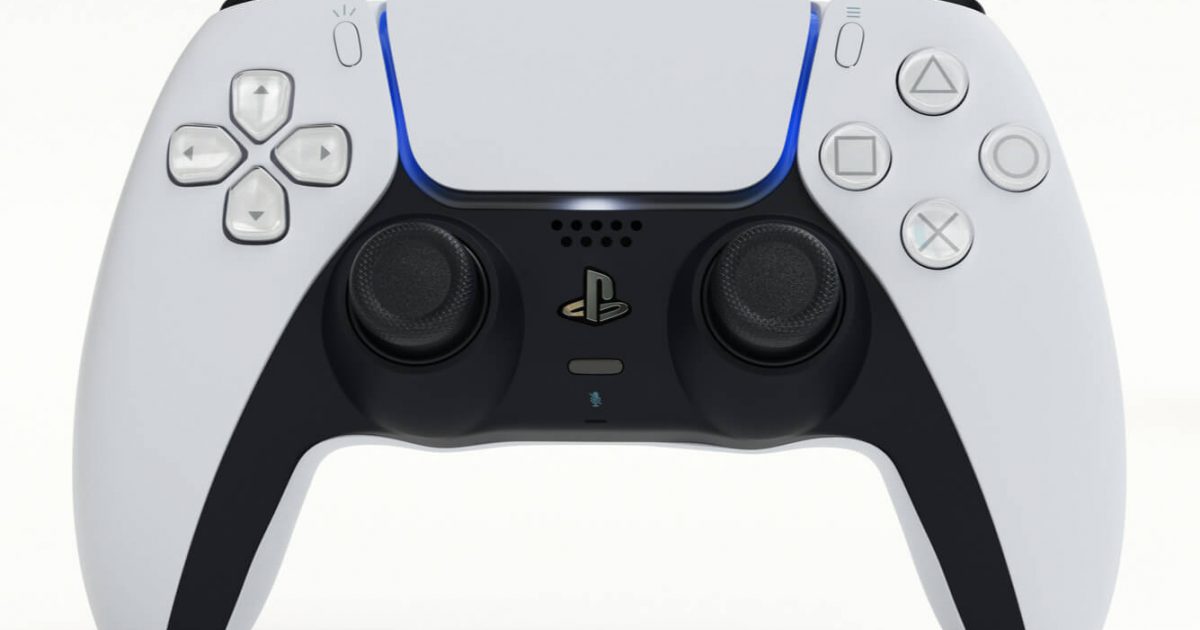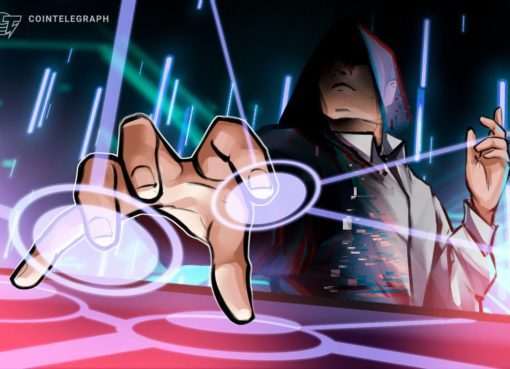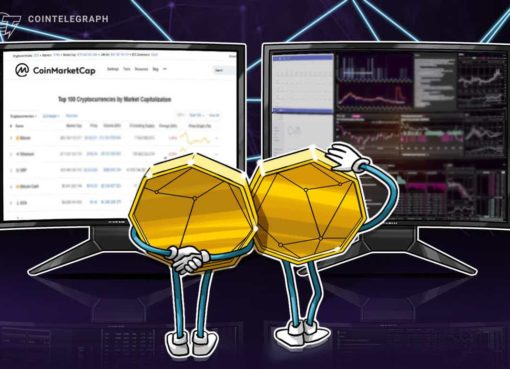- A Sony patent potentially sheds light on an as-yet-unannounced feature of Sony’s PlayStation 5 (PS5) controller.
- It appears the DualSense may be able to tell who is playing just by the way they are holding the controller.
- Is this feature revolutionary, pointless, or just plain creepy?
A PlayStation 5 (PS5) patent uncovered by SegmentNext teases a new feature that may one day make its way into the console’s DualSense controllers.
Alongside the controller’s cutting-edge haptic feedback and resistive triggers, the patent filing previews a new way to log in to your PlayStation account. The DualSense could identify you just by the way you are holding the controller.
Frankly, I can’t decide if it’s a game-changing technology, a gimmick, or a disturbing invasion of privacy. And I’m not the only one.
PS5 Fans Find New Controller Patent a Bit Disturbing
The idea that your video game console can identify you by touch alone is causing quite a stir on Twitter. Just look at a few of the replies to IGN’s brief write-up on the patent:
Some players were less creeped out by the technology than how much it would cost to repair.
That raises another issue. The constant layering on of new features is starting to make the PS5 controller look gimmicky. While haptics and resistive triggers arguably improve the gameplay experience, that’s not necessarily true here.
There Might Be Nothing to Worry About

And while the feature certainly sounds creepy, we might not have much to worry about.
Even if, as some critics suggest, Sony uses these controller sensors to collect data on PS5 players, what data are they going to collect? Personally, I’m not too concerned about Sony keeping records on how sweaty my palms are.
I’m more partial to hand-wringing about how this technology could affect the price of DualSense controllers – and the cost of repairs. Sony still hasn’t revealed the price of the PS5 console or its accessories. Every new feature increases the risk that hardware costs will blow past what we’re expecting.
Let’s not get too ahead of ourselves, though. Don’t forget that many patents never make it into production.
Disclaimer: The opinions expressed in this article do not necessarily reflect the views of CCN.com.




